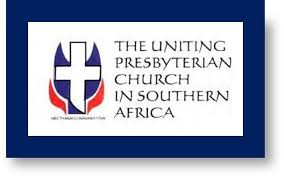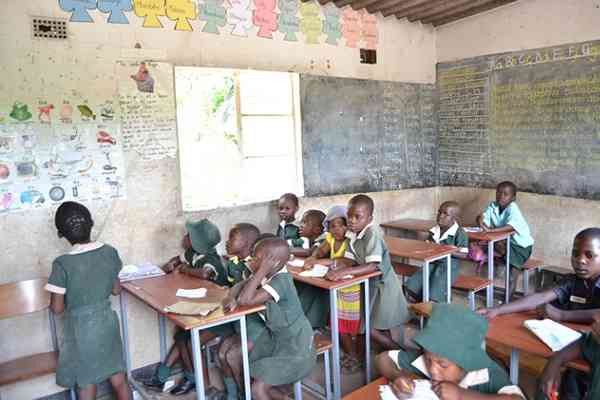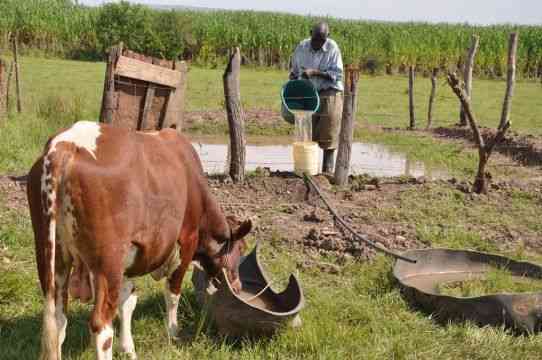
Banks are often accused of many terrible things. The list of their alleged transgressions is a predictable one — charging extortionate lending rates while paying sub-economic interest on deposits, levying high bank charges on simple transactions while providing shoddy service, failing to support fiscal and monetary initiatives such as the recent auction of Treasury Bills and — perhaps most awful of all — perpetuating inequitable distribution of income in favour of executives at the expense of ordinary workers.
Report by Omen Muza
Against such a backdrop it is tempting — if not fashionable — to jump onto the bank-bashing bandwagon.
Even though such temptation is sometimes overwhelming to the point of being compulsive, one can’t help noticing the many good things banks do right, some of which form the basis of this week’s article.
Of course, banks always do good things, and the Corporate Social Investment section of the chairman’s statement which accompanies interim or audited financial results is usually replete with them. However, some of these good deeds don’t find themselves in such auspicious documents as annual reports and when they do; they only get mentioned in passing, largely going unnoticed as a result.
Apparently, banks do not always make enough effort to inform the banking public about such good things.
However, in order for them to win the public’s trust, banks will have to put more effort in trying to get caught doing something right, every now and again.
Perhaps that way, they can atone for their sins — real or perceived — in spheres of banking already referred to above, where their omissions or commissions unfortunately get amplified, sometimes beyond reasonable measure.
- Chamisa under fire over US$120K donation
- Mavhunga puts DeMbare into Chibuku quarterfinals
- Pension funds bet on Cabora Bassa oilfields
- Councils defy govt fire tender directive
Keep Reading
Lately, Barclays has been hosting what they call “Fleet Feet Fun Walks” in 10 cities as part of events “to celebrate 100 years of serving generations in Zimbabwe.” Although these events are largely driven by self-interest, it is the sense of community, charity and well-being they engender which distinguishes them from mere puff pieces.
Barclays could simply have published a series of full-page newspaper adverts proclaiming 100 years of uninterrupted service in Zimbabwe, but they decided to involve real people in communities they serve, in the celebrations.
From Sunday September 30 2012 to Wednesday October 3 2012, Standard Chartered Bank, in conjunction with Eyes for Africa, Surgical Eye Expeditions International, Council for the Blind and the Health and Child Welfare ministry, conducted a surgical cataract eye camp for underprivileged elderly patients at Rusape General Hospital. Though this event claimed very few column inches of newspaper space and went largely unnoticed, it no doubt left an indelible, clear-sighted mark on those whose sight was restored.
Having recently donated $5 000 for the rehabilitation of boreholes at the Copota School for the Blind in the Zimuto communal lands, FBC Bank also sponsored scholarships worth a total of $2 500 for Miss Varsities 2012 pageant held on October 7 2012 at Ochi City. From supporting the livelihoods of the visually impaired to promoting those with “beauty and brains”, FBC appears to be leaving no stone unturned in its quest to make a difference in communities it serves.
Not to be outdone, on October 8 2012, BancABC and CBZ Bank donated $20 000 and $10 000 respectively to the Mzansi90 Fundraising Committee in support of the Warriors’ ill-fated quest to qualify for the 2013 Africa Cup of Nations in South Africa. On October 9 2012 TN Bank weighed in with a donation of $5 000 for the same cause. Never mind that the Warriors’ quest was a losing one in the end, the football fraternity no doubt appreciates the banks’ gestures all the same.
BancABC, who probably have one of the most visible and consistent corporate social investment programmes, were also recently in the news, having pledged to import an artificial leg from Germany for Tedious Matsito of the musical group Ngwenya Brothers (remember Gede Mwana Gede?) at a cost of $2 360. Matsito’s right leg was amputated after complications that developed from an injury suffered in an accident in 2009.
Given its flexibility, the prosthetic contraption will enable Matsito to walk again without the aid of crutches and most importantly for him, to be able do again what he does best — playing music and putting smiles on many other people’s faces. Naturally, Matsito was overwhelmed by the bank’s kind gesture.
“I don’t know what to say. The Lord has answered my prayers and I thank the bank for such a touching gesture,” he said. To be continued next week











